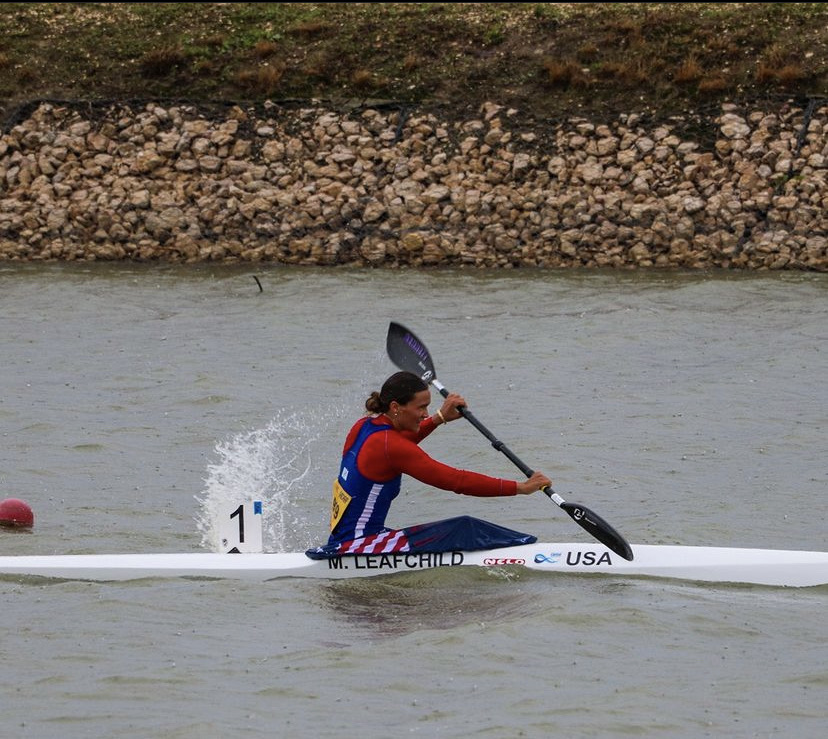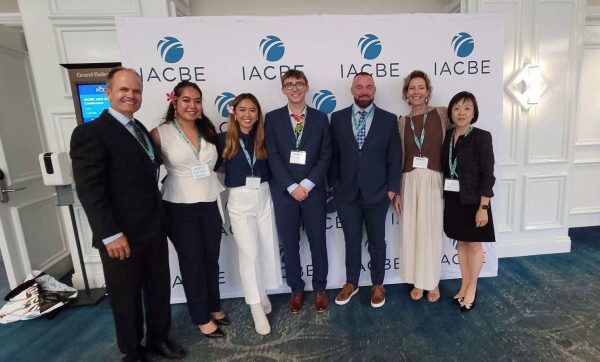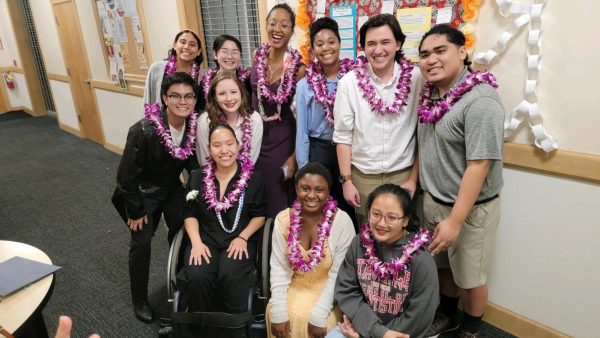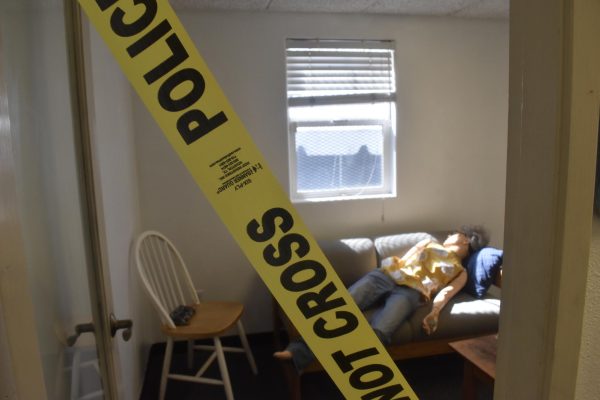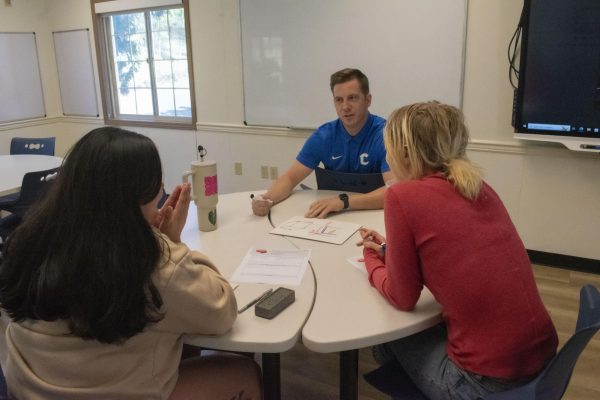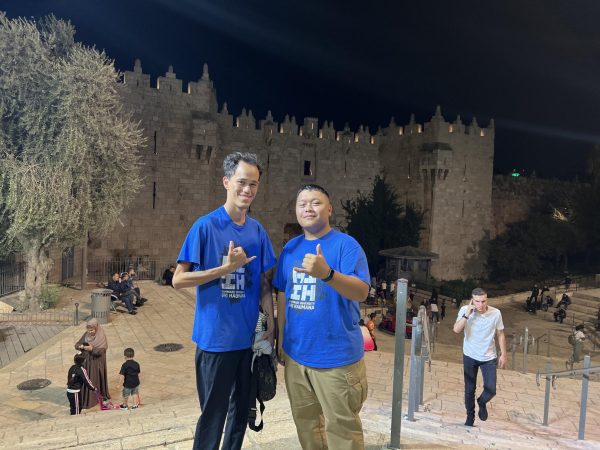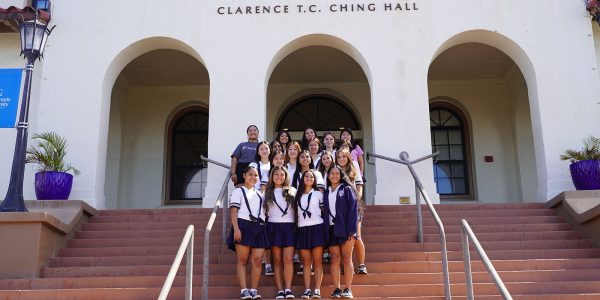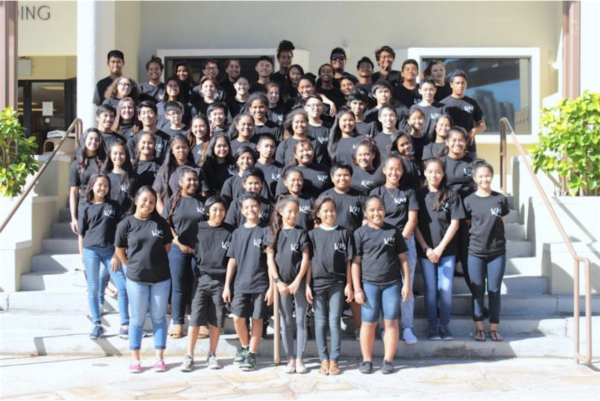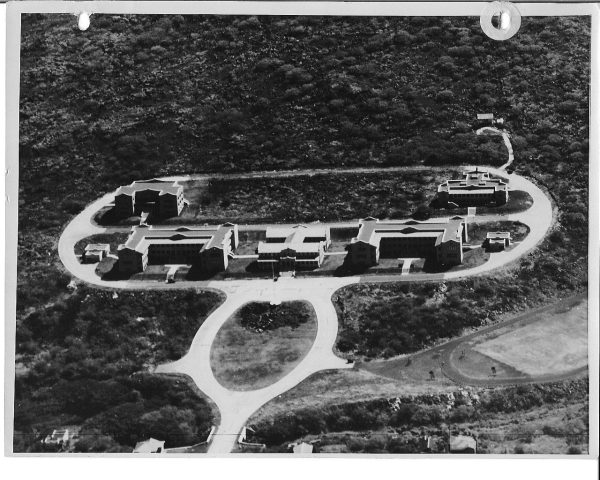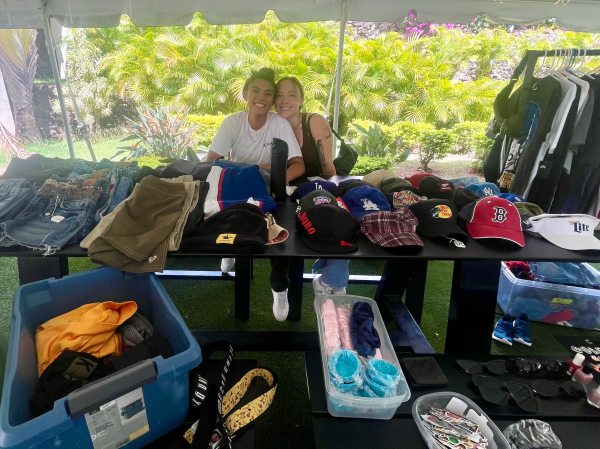CUH Kayaker Qualifies for US National Team
It’s not every day you meet a member of the U.S. national team, let alone an elite high-level athlete.
Born and raised on the island of Oahu, Mehana Leafchild, a 19-year-old freshman at Chaminade University, was one of 10 local paddlers who represented Hawaii and the United States at the World Championships in Szeged, Hungary in early September.
“It was a very humbling experience and I am so grateful to be a part of it, “Leafchild said.
In order to qualify, Leafchild competed in the 2022 USA Canoe and Kayak Sprint and Paracanoe Team trials on April 15-16 at Lake Natoma in Sacramento, California.
She competed against 22 other kayakers for a spot on the U.S. national team. In order to secure a spot on the team, Leafchild had to place in the top three. After placing fourth overall, Leafchild was bumped up to third place after the initial third-place winner was moved over to the Junior Division.
Initially, she was hesitant to accept the position because of other variables that made her consider not taking the spot. How expensive it would be to participate and the school she’d be missing, almost made her turn down the offering.
In August Leafchild competed with the U.S. national team at the 2022 ICF Junior and U23 Canoe Sprint World Championships in Szeged, Hungary.
Going into the competition she knew that kayaking was a much bigger sport outside the U.S. and that countries competing would be tough to beat. The team ended up not doing as well as it had hoped. The U.S. team ended up being ranked No. 25 overall along with the six other countries that tied with just one medal out of the 29 countries that competed. However, the competition overall was an eye-opener for her.
Leafchild competed in the K4 — a four person kayak — 500 meter sprint race and the K1 1000 meter spring race.
“Kayaking is a lot bigger in Europe and these other countries,” Leafchild said, after competing in the K1 5000 meter distance event and placing fifth. “In the U.S. nobody really knows about kayaking. It just shows you that if you want to make it into the Olympics or even these high international competitions, you really have to work because these other countries are putting everything they have into the sport. It’s very serious.”
Leafchild had only competed in three competitions prior to competing in the World Championships.
Back in 2020, Leafchild had taken an interest in the sport after team sports and activities like canoe paddling and volleyball were restricted due to Covid-19 guidelines. After deciding that she wanted to remain active, some family friends introduced her to kayaking.
“I grew up paddling canoe and surfing, and it’s pretty different because it’s flat water,” Leafchild said. “There’s not really much movement in the water so it’s different. The boat [kayak] is very tippy, so initially getting that down was pretty tricky and that took me a couple of months. After that, though I was pretty good. I started to really like it and get into a good routine. It was pretty natural for me in terms of being an athlete.”
After training for six or seven months, she and her coach decided she was ready to compete. In 2021, her first competition was held in Sarasota, Florida, which was the makeup year for the 2020 Olympic qualifier. The competition was the USA Olympic team trial race.
“Going into it I wasn’t really expecting to be good or anything,” Leafchild said. “I was expecting to get last so I wasn’t really that nervous, but at the same time I was.”
Hosted at Nathan Benderson Park in March, Leafchild competed in the women’s K1 — a one-person kayak — 500m event and her fifth-place finish was quite the shock.
“I was just really excited,” Leafchild said. “Right after I crossed the finish line I looked at my coach and he was jumping up and down on the sidelines and I was like, oh my god did that really just happen?”
After that competition, Leafchild admitted that her finish and her journey so far encouraged her to continue competing and learning the sport.
Her second competition was nationals hosted in Oklahoma in late August 2021. Leafchild placed second in the 1000 meter as well as the 500-meter. But she also competed in the K2 — the two-person kayak — 5000 meter and the 500 meter events. She took first with her partner Emma McDonald for both of those events.
Since her last competition – the World Championships in Hungary – Leafchild has returned back to her training to prepare for the next national team trial qualifier in April 2023.
“I think the biggest thing for me is understanding that it’s ok to take breaks here and there,” Leafchild said. “It’s something I’ve learned over this journey because, in the beginning, I thought I couldn’t take a break because I was going to get slow. I was afraid of getting behind. But I know as long as I am staying on track with my training and staying active, I’ll be good.”
While training for the World Championships this summer, Leafchild’s training regimen consisted of an hour and thirty minute morning paddling session which was high-intensity and sprint work, while her evening session was a lower-intensity training session shooting for distance and endurance. She also had one mid-day weight training session three times a week. Closer to competition her training slowly began to taper off.
After returning from Hungary, Leafchild had school to worry about. In order to balance both school and training, she currently trains early in the morning — sometimes at the Ala Wai canal — before her 9:00 a.m. classes and also manages to squeeze in a lift in the afternoon.
Leafchild remains dedicated to her training and hopes that one day she’ll be able to qualify for the 2028 Olympics. However, she also continues to further her passion for her studies in Environmental Science.
For her future career aspirations, she hopes to take up a research position in mitigating invasive species while learning more about Hawaii’s native ecosystems.
“I definitely want to keep doing Environmental Science and furthering my educational career,” Leafchild said. “I think it might be hard if I went to grad school in a different place because then I wouldn’t be able to train so it’s all in the journey of my career and where life takes me.”
